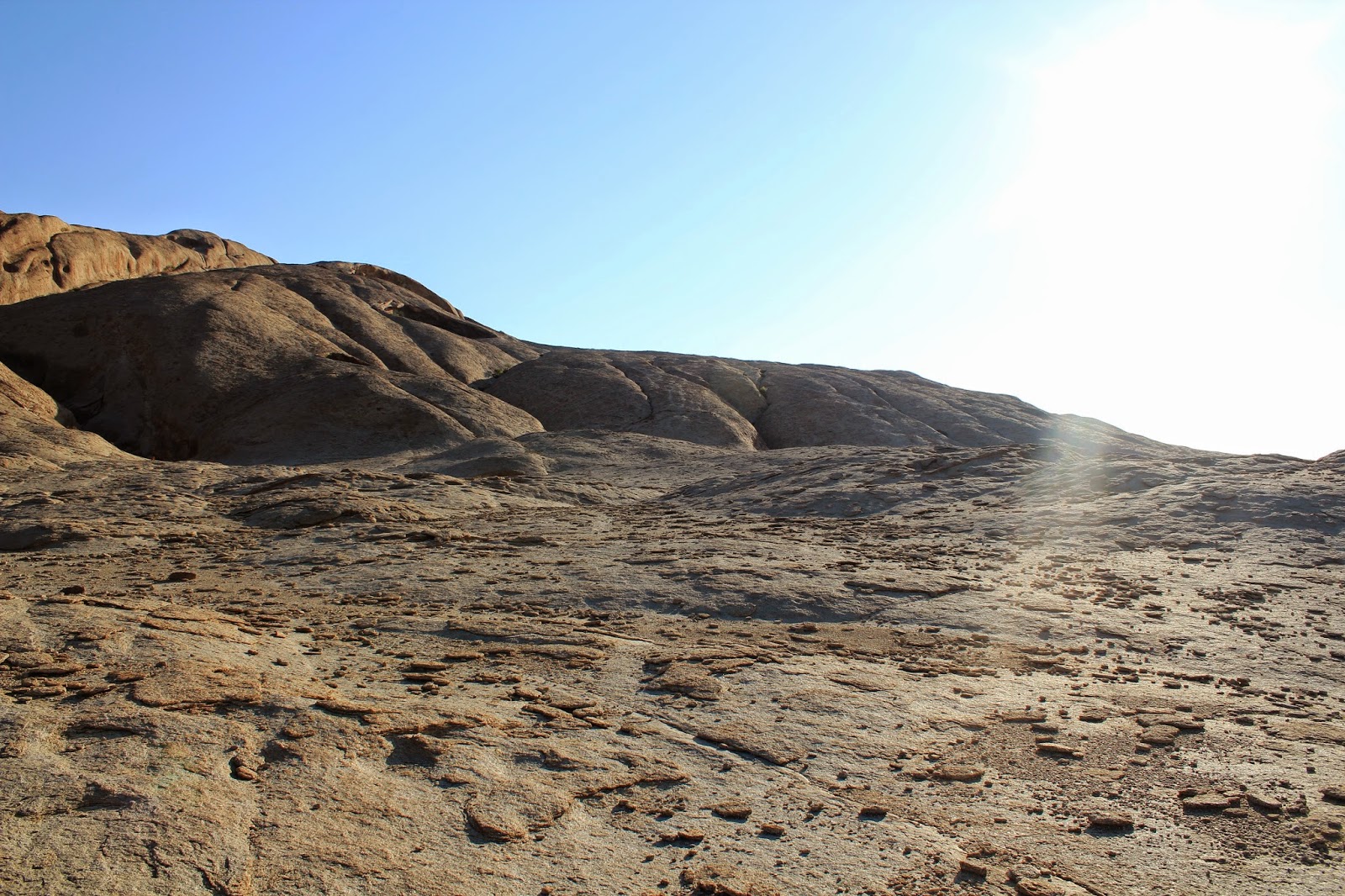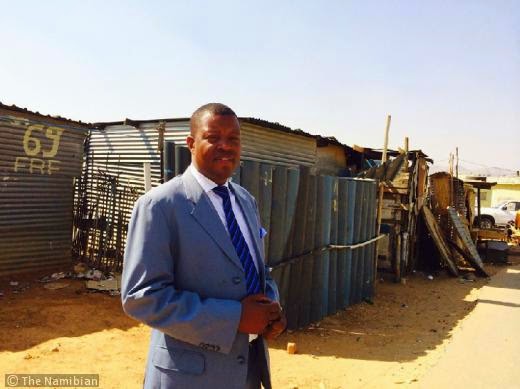Elections and finger pointing
So what got him in hot water? Well the
electoral act has a stipulation that demands that a person must provide a
municipal bill as proof of residence for 12 months in a local authority area in
order for them to be allowed to vote in local authority elections. Local
authorities run all towns and urban settlements. They provide basic services
like water, electricity, sewage, serviced land, allocation of housing plots,
refuse removal and recreation. The politicians run the show, while technical
people are hired to administrate the affairs of the local authorities, but
politicians have power to call for the ousting of the technocrats. So you can
imagine how eager the ordinary man must be to vote for candidates that will
improve his/her living conditions, everyone wants to have a house and live
comfortable life. Shanghala has stated that he did not support the removal of
this rule and also the removal of sworn statements to prove residence. Which
makes sense because you can't vote for people to run a town you don't live in,
political parties would manipulate the rules and bring in people who are not
residents to swing things in their favour. The process will be flawed.
He recently appeared on national broadcaster
NBC’s one on one talk show (Think Q and A with Riz Khan), where he used his
eloquent pronunciation of the letter R to evade scrutiny on the pace at which
the legislation is progressing. I swear
if his accent was not that good, he would have been caught out.
So what does it mean in plain terms?
It's simple, if you can't produce an electricity or water bill then you can't
vote for town or village leadership. You can only vote for a presidential
candidate. On the surface it seems in order. Here's the snag. Very few
residents of towns own houses, especially young people. Most of them rent
apartments and rooms. The name on the water or electricity bill is the
landlords, so they are out of the picture. The most disenfranchised are those
who live in informal settlements/ghettos/slums, they're completely out of the
picture. In some areas there is no running water, communities share a tap or
use prepaid units to access water. So it means the poorest residents of towns
and villages are side-lined. The people who need help the most are left out due
a technicality.
The political parties and the electoral
commission point the finger at the chairman of the LRDC, they say is to blame
for the rule that side-lines the poor.
Accusations of him sitting on legislation too long, no consulting
necessary stakeholders and misadvising ministers have been hurled at him. He
claims that he explained to them the implications. Proof of residence, though
not available to all is a logical requirement. My question is why the heck the
political parties, the Ministers and the Electoral Commission of Namibia not
suggest alternatives? Reports in the Media appear to finger Shanghala again,
this time for having ignored them (ECN, Ministers, Parties) and their
suggestions during the drafting of the bill. But I also ask how were all these
people just passively looking at draft reports and not analysing or adding to
it? Did Shanghala dilly dally or is he being made a scapegoat by politicians
who need their reputations squeaky clean for the upcoming elections. Maybe it's a tactic. The poor grow fed up of
poor service delivery and may vote for rival political parties to run towns and
villages. By keeping the rule in place you make sure that only those who have
houses and own apartments can vote, those who are eating the fruits of
Namibia’s freedom. They will vote to keep the status quo in place, so they can
continue to benefit. I am not saying that's the reason, I am just speculating.
I am not a legal expert but usually
landlords and tenants sign a lease agreement. Which is a legally binding
document, so an alternative can be to register the landlord because his name
appears on the bill. Then use a signed and dated lease agreement that is twelve
months or older as proof of residence for the tenant, with a sworn statement
from the landlord as additional proof. This really makes sense if you see the
many apartment complexes that sprawl across the country like undulating mountains,
especially in the capital city. This would cater for Soldiers, Students and may
members of the public who find themselves in a tricky situation. For the
residents of informal settlements, it's a bit trickier. In most cases the
people are on the land illegally and have no documents to prove that they own
the land they're living on. Common sense would dictate that town councils make
land available and sell it to the people. But anyone who knows Namibia will
know that providing serviced land is a slower than a tortoise process. Most
town councils preferred to auction land off, usually to land developers
generally buy up large tracts of land to build more apartment complexes or
shopping malls. Local administrations are preferring to generate profit from
land sales rather than provide housing to the needy, it’s the evil of a
capitalist economy. All are equal but some (usually those with power) are more
equal than others. Being a comrade makes you very equal. Those with common
sense know that land developers will outbid average citizens on any day. My
cousin said to me recently, “If you go to
a land auction, you will just feel like dying". To afford a U$100 000
house with a bond from the bank, you would need to earn over U$4 400 a month
before tax: multiply by ten to get a rough value in Namibian dollars. So in the
current system, the most vulnerable members of society will not afford land or
a house in their entire lifetime. A major problem.
A solution would be to break towns into
suburbs and do house to house surveys 14- 13 months before elections, even in
informal settlements. This will help make a database of all those who will be
of voting age. Some would say, that it’s a waste of money, but if you can’t
handle a population of 2.5 million people then you have no business aiming to
be industrialized by 2030 as the Namibian government aims to do. Constituency
councillors would coordinate and use unemployed young people, with unemployment
at 50% surely this would be a great initiative. Where would the money come
from? With government set to spend N$ 700 million on a new parliament building
I don't think there is a shortage of money. Rather a shortage in priorities. I
am not an expert but I am an advocate of the use of common sense, CEO of the
moment in Namibia Jeremy Maudinohamba said recently “I believe that solutions don't need degrees, you just need to listen
to those suggesting them regardless of their rank in society.”
I stole this from Lynessa Moodley's
Facebook wall. “Democracy means that
you can vote for the party that gives you benefits, makes your town safer,
makes your country grow, gives you and your fellow countrymen jobs and
education and health care. Democracy means we can be selfish, in that we vote
for the party that benefits us, that gives us more, gives US ALL more and
improves our lives. Democracy means if we vote a party and they fail to make us
happy, we vote another party until we get our desired benefits. Democracy
doesn't require loyalty. If the king is bad, the king must be dethroned.
Democracy has nothing to do with RACE.”
I
decided to use the quote above to remind everyone that complaining about the
ineffectiveness of your government is fine, but if you voted for that
government and continue to do so. Then maybe you are pointing a finger in the
wrong direction.
Political
parties will sing liberation songs and to guilt you into thinking that you owe
them your vote, as they usually say "We fought for this country".
Sentimentality and loyalty will not provide jobs, housing and welfare benefits.
Service delivery and accountability will.
So until a political party shows me they
can concretely solve my problems then I can't guarantee that I will even go and
vote in the next elections, why waste my time standing in a queue to register and
then be left with no options? But if a political party can throw in free
unlimited Wi-Fi and a pair of soccer boots, I might be tempted.



Comments
Post a Comment